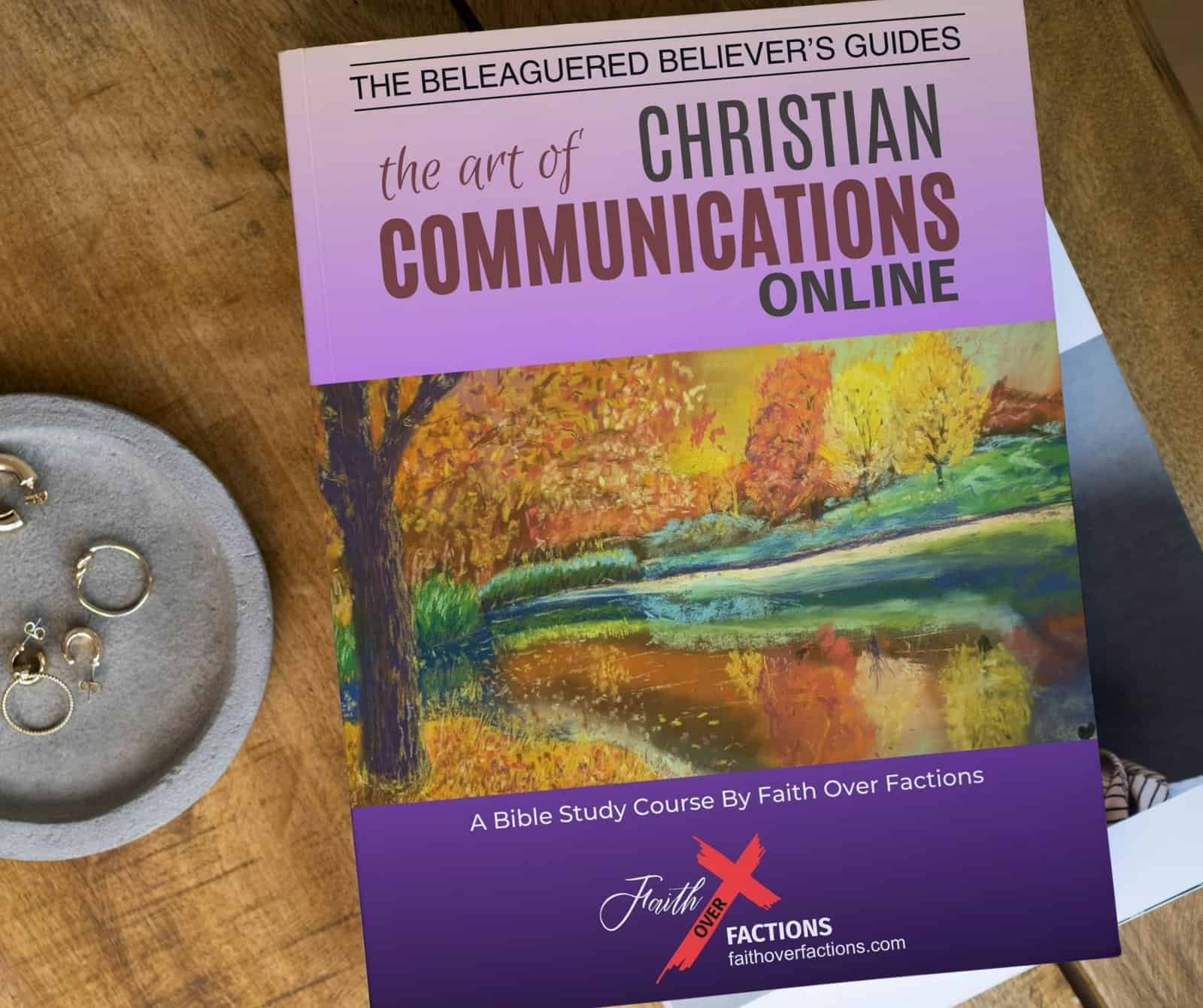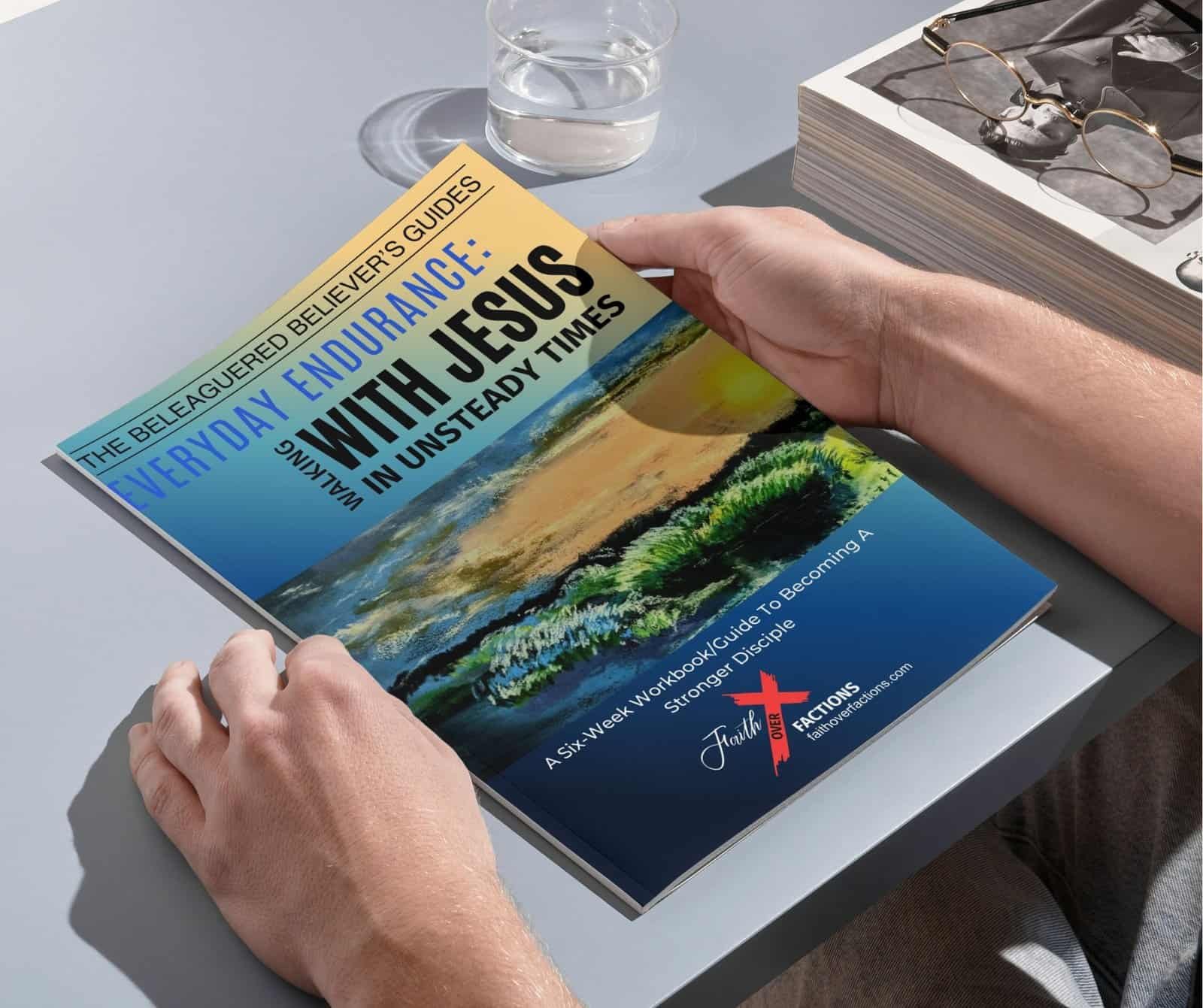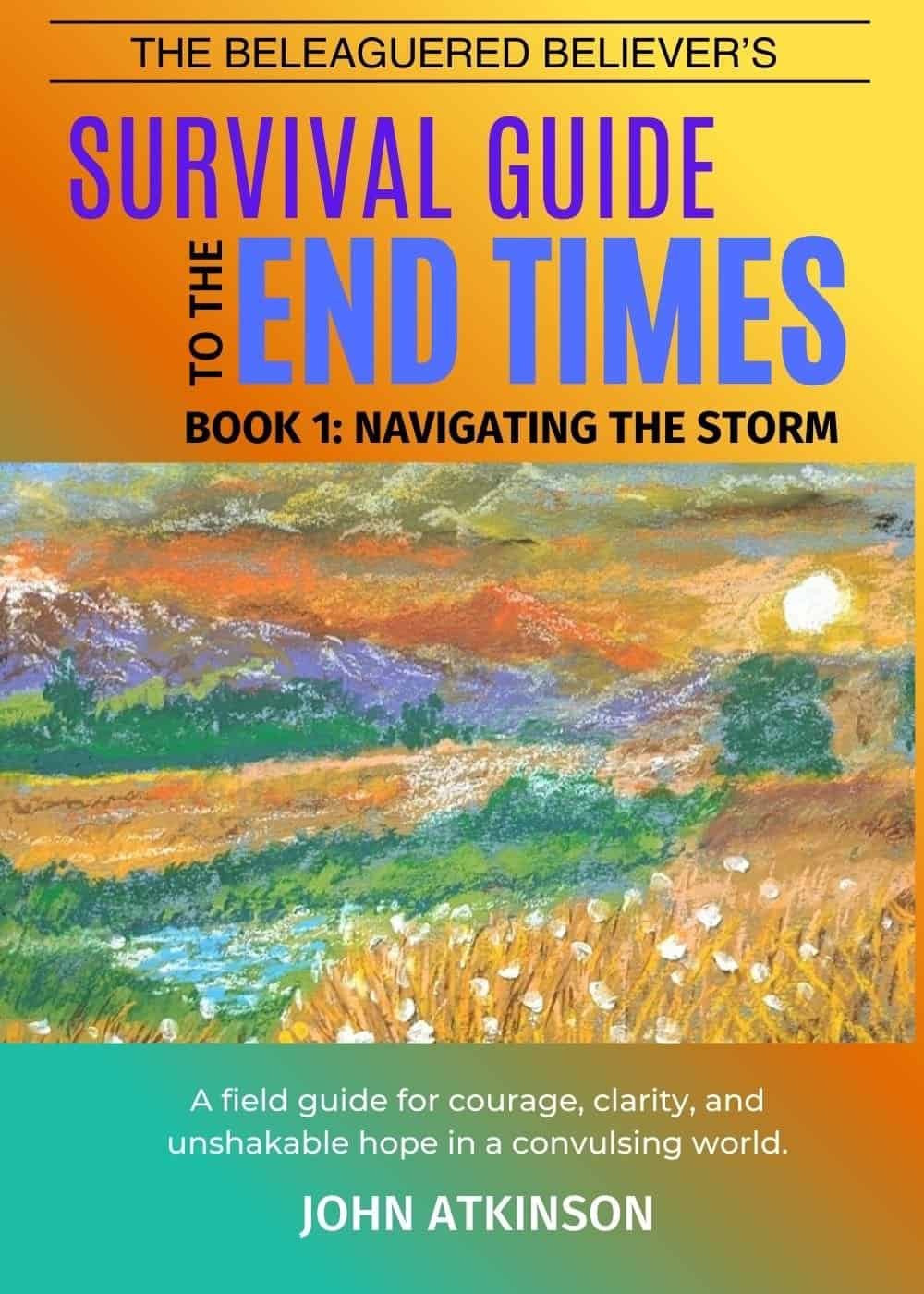

In Genesis 18–19, judgment draws near—but mercy still moves. Abraham pleads for Sodom. Lot hesitates in compromise. Fire falls, but so does grace. This Mile Marker explores how God’s mercy intervenes even when destruction feels inevitable. From intercession to escape, from numbness to rescue, we’re reminded that compromise dulls our voice, but God’s hand still reaches through fire to pull us out. Mercy is not passivity—it is pursuit. This chapter invites us to flee what will burn, to pray with boldness, and to trust that the Judge of all the earth still acts with justice and compassion.
When Lot still hesitated, the angels seized his hand and the hands of his wife and two daughters and rushed them to safety outside the city, for the Lord was merciful.
Genesis 19:16, NLTSome moments in Scripture burn with urgency. In Genesis 18–19, heaven and earth collide—judgment looms, and mercy stands in the gap. Abraham pleads for Sodom. Angels visit Lot. Fire falls, but so does grace. This Mile Marker explores what it means to stand in intercession, flee from compromise, and trust that God still rescues—even from the wreckage.
Abraham sits at the entrance of his tent in the heat of the day—a mundane moment made holy. Three strangers appear. Without hesitation, Abraham runs to meet them, bows low, and offers food, water, and rest (Gen 18:1-8). These are not ordinary guests: one is the Lord, the others, angels. The sacred mingles with the ordinary. Hospitality becomes a stage for revelation.
In the shade of the terebinths at Mamre, God reiterates His promise: Sarah will bear a son within the year (Gen 18:10-14). Her laughter in the tent becomes a turning point—not mockery, but wonder too wild to believe. Even here, God’s mercy meets human frailty.
As the visitors rise to leave, God pauses. He reveals His intent to judge Sodom. Abraham draws near—not to argue, but to plead. “Will you sweep away both the righteous and the wicked?” he asks (Gen 18:23). Bold yet reverent, Abraham bargains down from fifty to ten, pressing into God’s justice and mercy alike.
This moment echoes through time: the righteous pleading for the wicked. It is a portrait of Christ’s own intercession for us—standing between judgment and mercy, not because we are worthy, but because He is faithful.
Meanwhile, in Sodom, Lot’s life reflects dangerous compromise. He sits in the city gate—a place of influence—but his moral clarity has faded. When the angels arrive, he urges them into his home. That night, a mob gathers. Lot offers his daughters to placate their violence—a shocking attempt to maintain peace at the cost of righteousness (Gen 19:1-8).
Arthur Pink observes: “Lot's life in Sodom had dulled his spiritual discernment, so that when the test came, his actions were shameful. Though he was ‘a righteous man,’ his compromise left him powerless in the hour of crisis.”1
Lot’s entanglement shows us the danger of drifting too close to what we ought to resist. His influence in Sodom is negligible. His warnings fall on deaf ears. Proximity to power without purity of heart leaves no lasting witness.
The angels warn Lot to flee. He lingers. They seize him, his wife, and daughters by the hand and drag them outside the city (Gen 19:15-16). The judgment falls swift and final—fire and sulfur consume the valley. Lot’s wife looks back, longing for what should be left behind, and becomes a pillar of salt (Gen 19:26).
This is no mythic firestorm—it is divine judgment mingled with mercy. Even as wrath falls, God rescues those who barely believe.
Lot escapes, but the story does not end in triumph. He hides in a cave, his daughters—shaped by Sodom’s thinking—plot to preserve his line through scandalous means (Gen 19:30-38). This is not a clean rescue—but it is a real one.
Grace does not always look tidy. It often drags us from fire, leaves us limping, and plants seeds of redemption even in the ashes. But it is still grace. God’s mercy does not always prevent ruin, but it can redeem within it.
In the patriarchal world of Abraham, hospitality was not just a social courtesy—it was a sacred duty. To welcome the stranger was to honor the image of God in another. The home was a place of protection, and to violate that protection was considered a grave offense against both man and heaven.
Sodom’s sins went far beyond the surface scandal. They weren’t just about immorality—they were about injustice. Ezekiel 16:49-50 peels back the curtain and reveals the deeper rot: “Sodom’s sins were pride, gluttony, and laziness, while the poor and needy suffered outside her door. She was proud and committed detestable sins, so I wiped her out, as you have seen” (NLT).
God does not accuse Sodom of sexual perversion—but of pride, unchecked luxury, and callous disregard for the suffering of others. They were rich in comfort and bankrupt in compassion. The violence that erupted in Genesis 19 was the final, visible symptom of a long-standing spiritual disease: entitlement without empathy.
Sodom’s wealth dulled its conscience. Its power blinded its heart. Instead of using abundance to bless, it hoarded and exploited. And when judgment came, it was because of dehumanization.
Lot attempts to uphold hospitality by welcoming the visitors and protecting them from harm. But his life is already entangled with the values of the city. He hesitates. He bargains. He offers his daughters. Even as he tries to do what is right, Sodom’s logic still shapes his decisions.
This tension invites self-examination. Are we forming our ethics from the Word or from the culture? Do we protect the vulnerable—or excuse the powerful? The sins of Sodom were not simply about what they did in the dark—but how they ignored the cries in the daylight.
Lot’s wife looked back—not out of curiosity, but out of attachment. Her heart remained where her feet were forbidden. Sometimes the hardest part of deliverance is leaving behind what we’ve normalized. Comfort can become captivity. Affection for the familiar can feel safer than freedom in the unknown.
This is the seduction of compromise: not just tolerating sin, but becoming emotionally tethered to it. We grieve the loss of what God is rescuing us from. But make no mistake—deliverance requires detachment.
Lot lived at the gate of Sodom—an honored position in the city. He had status. He had comfort. But he had no credibility. When the moment of truth came, and he tried to warn his sons-in-law of God’s coming judgment, they laughed at him (Gen 19:14). He sounded like someone joking. His words didn’t carry weight because his life blended too well with theirs.
This is the cost of compromise. When our lives become indistinguishable from the culture we’re meant to challenge, our warning becomes background noise. We lose the ability to speak with urgency because we’ve dulled the contrast between light and dark.
Lot believed in God. Peter even calls him “righteous” (2 Peter 2:7)—but his righteousness was muted by accommodation. He chose to live near Sodom (Gen 13:12), then in Sodom, and eventually became embedded in its life. Proximity led to tolerance. Tolerance led to silence. Silence led to powerlessness.
Even with divine messengers warning him, Lot still lingered (Gen 19:16). The city was burning behind him, but something in him resisted. He couldn’t fully let go—not quickly. The angels had to physically seize him and his family and rush them out. Mercy didn’t wait for readiness—it intervened.
Some of God’s greatest acts of love come not in response to our obedience, but in defiance of our hesitation. We are pulled, not propelled, into salvation. We stumble forward, hearts still conflicted, and grace meets us mid-fleeing.
How many times have we lingered at the edge of destruction, uncertain if we’re ready to leave behind what God is rescuing us from? Lot’s story reminds us that God’s mercy is more determined than our indecision. He doesn’t rescue us because we’ve earned it. He rescues us because He’s committed to us—even when we stall at the edge of escape.
Abraham stands alone on the plains, facing the Judge of all the earth—and pleads not for himself, but for the wicked. His intercession is bold, persistent, and deeply personal. “Will You sweep away both the righteous and the wicked?” he asks (Gen 18:23). He appeals not to sentiment, but to the very nature of God's justice. And God listens.
This moment prefigures the ministry of Christ. Where Abraham stood on earth and negotiated down to ten, Jesus ascended to heaven and offered Himself as the One righteous man for the sake of many (Hebrews 7:25). The Son doesn’t simply plead for mercy—He purchases it with His blood. He doesn't argue for partial restraint—He absorbs the wrath in full.
Abraham's heart reflects God's own: not willing that any should perish, but that all should turn and live. In both men we see that prayer is not powerlessness—it is priesthood. Our intercession echoes Christ’s, and in the mystery of God's mercy, He moves through our prayers.
Lot’s deliverance is not a reward—it’s a rescue. The angels don’t wait for his full understanding or perfect obedience. They drag him from destruction because the time is short and God’s mercy is fierce. This is the gospel in miniature.
God does not wait for us to get our act together before He moves to save. He meets us in our compromise, our delay, our confusion—and He still delivers. But His rescue always demands a response: leave the city, don’t look back, walk forward.
Judgment is real. The wrath of God is not metaphor or myth—it is a holy fire that consumes everything opposed to His nature. But so is the escape. There is always a door out before the flames fall. The question is whether we will take it.
Christ is that door. He is the better intercessor and the ultimate rescuer. What Abraham pictured, and Lot tasted, Jesus fulfilled completely. He stands between destruction and deliverance, offering a hand pierced by mercy to anyone willing to be led out.
Genesis 18–19 is not a comfortable passage—but it is a necessary one. It forces us to ask hard questions about the environments we accept, the compromises we excuse, and the warnings we ignore. Where have you become desensitized to destruction? What once stirred grief now seems normal. What once convicted you now barely registers.
Lot lived too long in a place he should have left. His proximity to Sodom dulled his urgency. And before long, the abnormal became tolerable. Comfort can be just as dangerous as chaos when it numbs our moral senses.
Where are you being called out? Not because God is angry—but because He wants to wake you up. His mercy doesn’t just rescue—it awakens. He doesn’t just deliver us from wrath; He delivers us from apathy.
The angels didn't suggest escape—they commanded it. Judgment was coming. Delay wasn’t just risky—it was deadly. But still, Lot lingered. How many times have we done the same? Held onto patterns we should have released. Hesitated at the threshold of obedience.
We say we’re waiting for clarity. But often, what we’re really doing is stalling in fear. And yet—the door is open. The call is clear. God is saying: “Run. Flee what will burn. I have better things for you than ashes.”
This isn’t just about judgment—it’s about freedom. God calls us out not just to save us from destruction, but to lead us into healing. Don’t wait to lose more before you leave.
In the rubble of Sodom, there is still grace. Not everyone was saved—but mercy was real. Abraham’s intercession mattered. Lot’s rescue mattered. God’s rescue hand was still reaching, even in a city about to fall.
Do you know someone in a place like Sodom? Keep praying. Abraham didn’t change God’s mind—but he revealed God’s heart. Mercy flows through the prayers of the faithful. Keep trusting. Keep interceding. Keep believing that even in judgment, God leaves space for rescue.
And if you’re the one who’s hesitating—remember: God’s mercy is more persistent than your delay. Take the hand of the One who still pulls people out of the fire. Step into the freedom that comes when you stop looking back.
This story burns with judgment, but its center is mercy. Fire falls, cities crumble, and yet—beneath the smoke, a hand reaches through the wreckage. Abraham’s intercession wasn’t ignored. Lot’s hesitant escape wasn’t dismissed. Your prayers—stammering, uncertain, desperate—still matter. Mercy listens even when results aren’t immediate.
Mercy does not erase consequence. It doesn’t soften sin into something tolerable or sweep rebellion under the rug. But it does redefine the story. Mercy means God stays engaged. He doesn’t look away when the fire comes. He doesn’t abandon the ones still trapped inside. He gets involved—sometimes dragging us out when we won’t move ourselves.
Lot’s rescue was messy. It was reluctant. It was incomplete. But it was still rescue. If you've ever walked out of wreckage with nothing but your life and your limp—know that God was still there, pulling you by the hand.
And if you're still interceding for someone inside their own Sodom—don’t stop. You may never see the result. But God sees every plea. He hears every tear-soaked prayer. Abraham didn't save the city, but his voice was heard. And a family escaped because someone stood on a hill and dared to speak on their behalf.
Redemption doesn’t always look like revival. Sometimes it looks like one person surviving what should have destroyed them. Mercy is not always loud—but it is always present.
Even when fire falls—the hand of God still reaches. May we take it. May we offer it to others. And may we never mistake destruction for the end of the story.
1 Arthur W. Pink, Gleanings in Genesis (Chicago: Moody Press, 1922), p. 160.


The Art of Christian Communications Online
Download The Art of Christian Communication Online—a free guide & workbook to help believers communicate with truth, empathy, and grace in every online conversation.
No email address required.

Find strength for weary days.
Download Everyday Endurance: Walking With Jesus in Unsteady Times
—a free devotional guide & workbook to help you build spiritual and emotional resilience through prayer, reflection, and daily trust in God.
No email address required

The Survival Guide for Beleaguered Believers is here—offering strength when systems fail, clarity whenlies spread, and hope that endures when the world seems out of control.
Don’t just survive the chaos—stand firm in Christ.
📖 Always free with Kindle Unlimited. Available in paperback and hardcover as well!
All Site Photography and Artwork Originals from John's wanders and studio unless noted.
Scripture quotations marked (NLT) are taken from the Holy Bible, New Living Translation, copyright © 1996, 2004, 2015 by Tyndale House Foundation. Used by permission of Tyndale House Publishers, Carol Stream, Illinois 60188. All rights reserved.
Scripture quotations marked (AMP) are taken from the Amplified® Bible,
Copyright © 1954, 1958, 1962, 1964, 1965, 1987, 2015 by The Lockman Foundation
Used by permission. www.lockman.org
We completely recommend E-Sword, a Free Study Bible available for most mobile and desktop platforms.